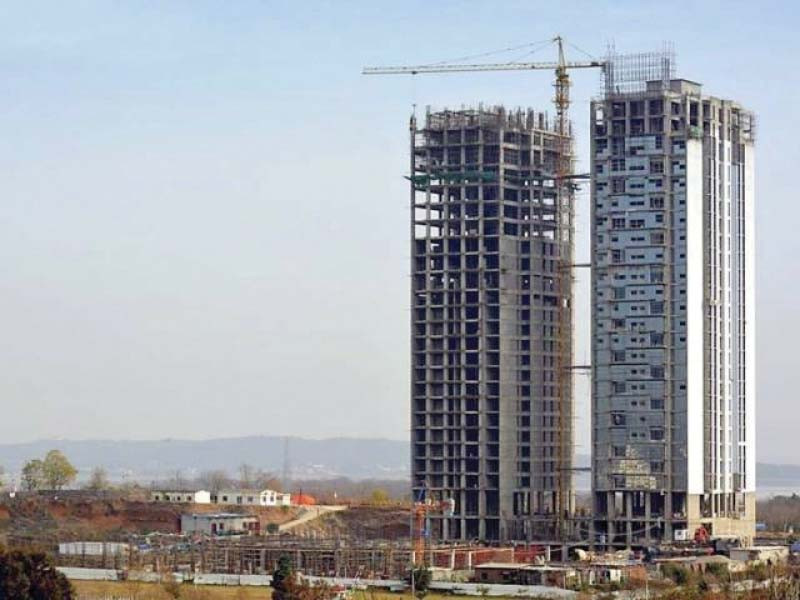
The Sindh High Court (SHC) on Tuesday ordered the formation of committees at the district level to examine the properties of local Muslims, which were mortgaged to Hindu money lenders around the time of creation of Pakistan, and sought a report in six months.
The SHC issued the written order on a petition filed in this regard. The order stated respective deputy commissioners would head the committee to examine such properties.
The petitioner had pleaded in the court that his ancestors were landlords of Jaipur, India, and after the partition, they came of Pakistan. They filed a claim after migrating to Pakistan, which was approved. However, they could not get the possession because the said estate was occupied by some people.
According to the written order, the additional advocate general informed the court that before the partition, mortgaging land to obtain loans was a common practice. But because of high interest rates, the borrowers defaulted on the payments and could not get back the land.
On failure to repay the loans, the lands were transferred to the money lenders on the orders of the civil courts, the additional advocate general informed the court. Until 1947, he added, 40% of the agricultural lands in Sindh were in the hands of the Hindu money lenders commonly known as banyas.
However, after the creation of Pakistan, the properties left by Hindus were distributed or sold under the law for evacuee Waqf properties. The order noted that the properties of Hindus, who migrated to India, were given to those Muslims, who had migrated to Pakistan from India, leaving their properties behind.
The order noted that all those mortgaged properties should be returned to the original owners or their heirs. The order further stated that settlement schemes were introduced to assist the migrants but no legislation was enacted for those who had mortgaged land to the Hindus. As a result, 40% of the agricultural land in Sindh, which had been mortgaged by Muslims for loans, was included in the evacuee Waqf properties, the order said, adding that the petitioner claimed ownership of a property that was registered in the name of his grandfather but was not given to him.
The court asked the Sindh government to look into the properties included in the Waqf properties. For this, it added, the Sindh Board of Revenue should conduct a detailed examination of the ownership title of the properties related to the transfer of the Waqf properties.
The order said that it should also be examined whether these properties could have been returned to the owners through the Sindh Land Alienation Act. The committee shall submit its report to the court through the Registrar within six months.





1725030039-0/Untitled-design-(2)1725030039-0-165x106.webp)


1732622842-0/Express-Tribune-(9)1732622842-0-270x192.webp)









COMMENTS
Comments are moderated and generally will be posted if they are on-topic and not abusive.
For more information, please see our Comments FAQ